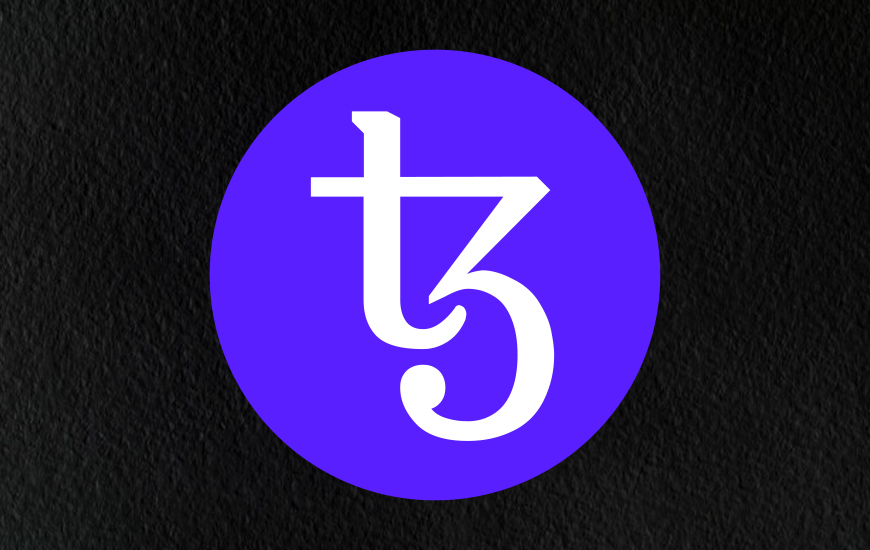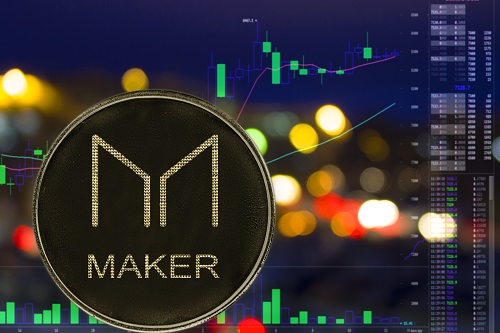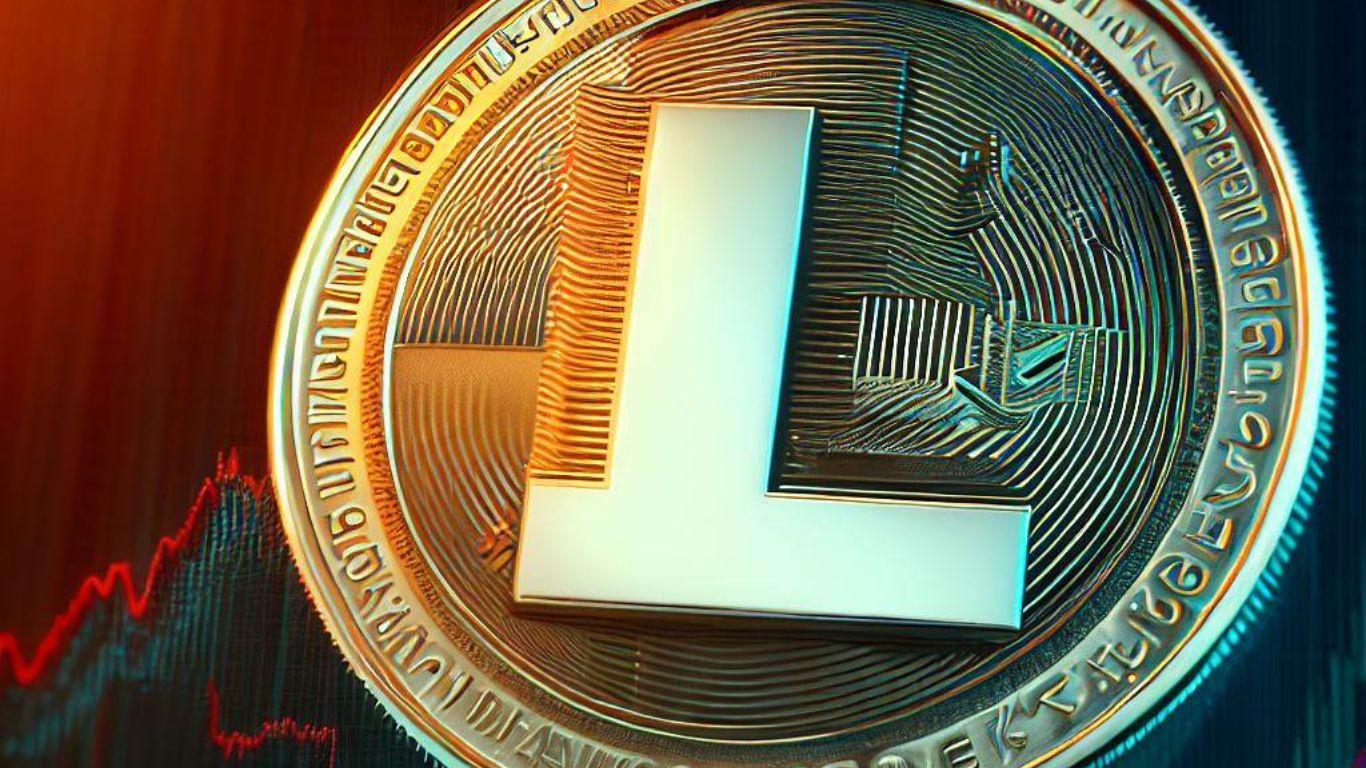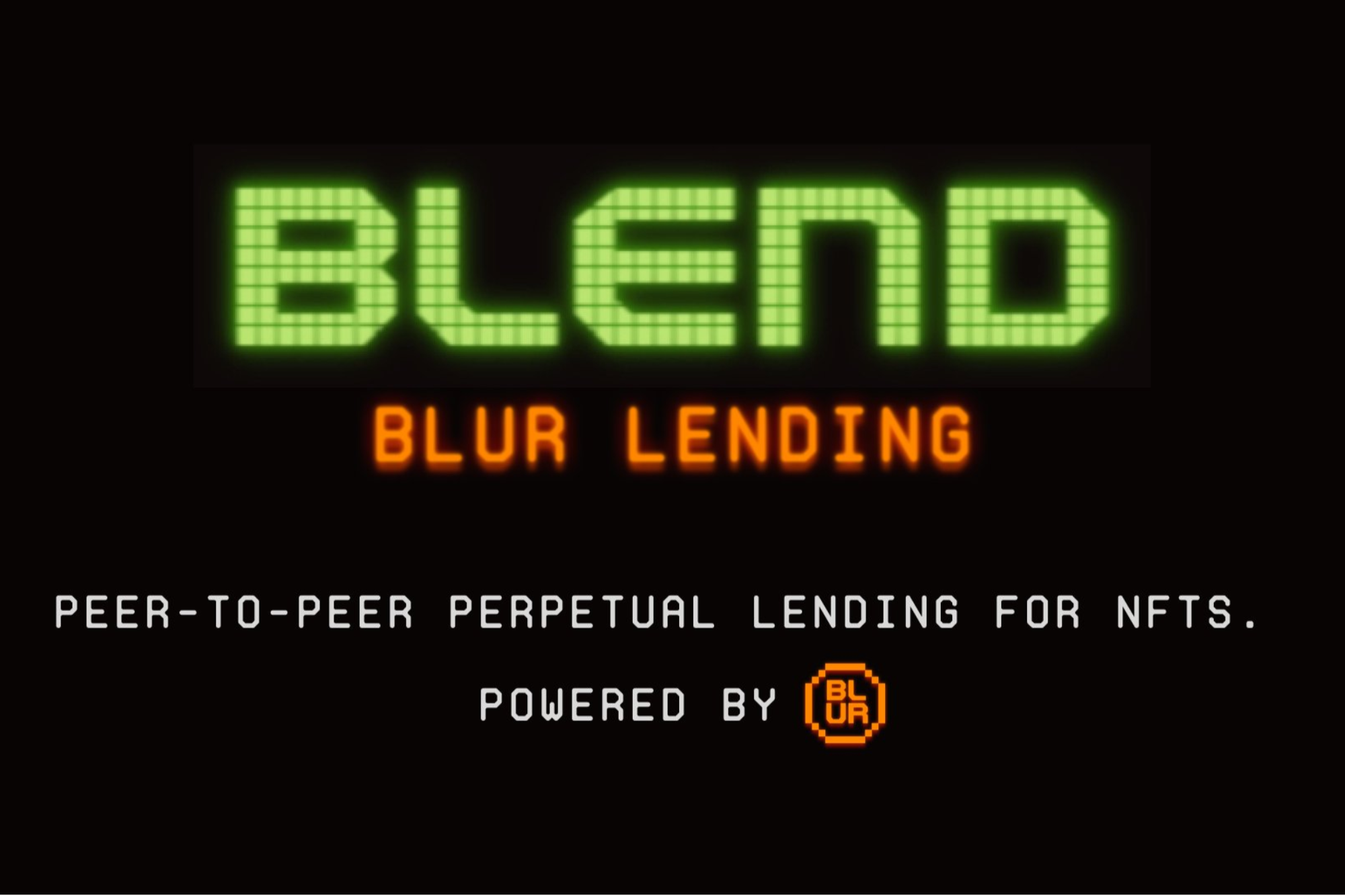Buy Ethereum Guide - Learn How to Buy Ethereum
Discover the best way to buy Ethereum with our Buy Ethereum Guide. Get step-by-step instructions and tips to purchase Ethereum today
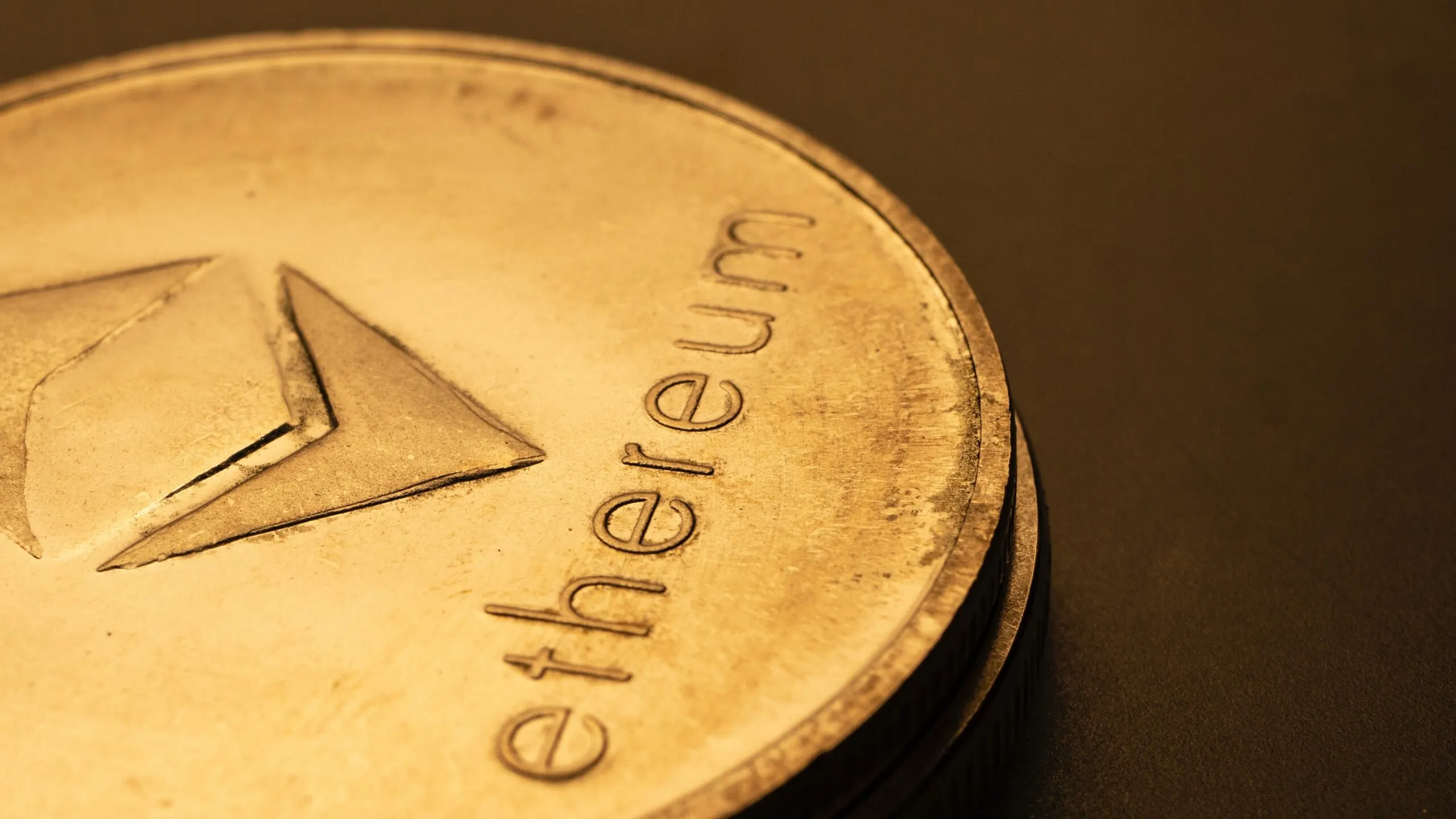
How to Buy Ethereum: A Comprehensive Guide
In the world of cryptocurrencies, Ethereum has emerged as one of the most prominent and promising digital assets. Whether you're a seasoned cryptocurrency investor or just starting out, knowing how to buy Ethereum is essential. In this comprehensive guide, we will not only explore the process of buying Ethereum but also touch upon the similarities and differences with buying Bitcoin. Additionally, we will discuss the best sites to buy Ethereum and the various methods available for investing in this exciting digital currency.
What is Ethereum?
Before delving into the process of buying Ethereum, it's crucial to understand what Ethereum is. Ethereum is a decentralized, open-source blockchain platform that enables developers to build and deploy smart contracts and decentralized applications (DApps). Ether (ETH) is the native cryptocurrency of the Ethereum network and is used to power these smart contracts and transactions within the network.
Why Invest in Ethereum?
There are several compelling reasons to consider investing in Ethereum:
Smart Contracts: Ethereum's smart contracts allow for the automation of complex agreements and transactions, making it attractive for businesses and developers.
Decentralization: Ethereum operates on a decentralized network, reducing the risk of censorship and providing security against single points of failure.
Diverse Use Cases: Ethereum has a wide range of applications, including DeFi (Decentralized Finance), NFTs (Non-Fungible Tokens), and more, making it versatile and adaptable.
Innovation: Ethereum continues to evolve, with Ethereum 2.0 on the horizon, promising scalability and efficiency improvements.
How to Buy Ethereum
Now, let's get into the nitty-gritty of how to buy Ethereum:
Choose a Cryptocurrency Exchange: To buy Ethereum, you'll need to use a cryptocurrency exchange. Some popular exchanges that support Ethereum include Coinbase, Binance, Kraken, and Gemini. Research and choose an exchange based on your location, fees, security, and available features.
Create an Account: Once you've chosen an exchange, create an account by providing your email, setting a password, and agreeing to the terms of service.
Verify Your Identity: Most exchanges require identity verification to comply with regulations. You'll need to provide personal information and documents for verification, such as a driver's license or passport.
Deposit Funds: After your account is verified, deposit funds into your exchange account. You can typically deposit fiat currency (like USD or EUR) or other cryptocurrencies, depending on the exchange's options.
Place an Order: With funds in your account, you can place an order to buy Ethereum online. You can choose between market orders (buying at the current market price) or limit orders (specifying the price at which you want to buy).
Secure a Wallet: While you can store your Ethereum on the exchange, it's recommended to transfer your assets to a secure cryptocurrency wallet for added security. Wallet options include hardware wallets, software wallets, and mobile wallets.
Best Sites to Buy Ethereum
Here are some of the best sites to buy Ethereum, known for their reliability and user-friendliness:
Coinbase: Ideal for beginners, Coinbase offers a simple interface and a secure platform.
Binance: Known for its wide range of cryptocurrency offerings and trading pairs, Binance is popular among experienced traders.
Kraken: Offers advanced trading features and a strong focus on security.
Gemini: Regulated and user-friendly, Gemini is a trusted choice for both beginners and experienced traders.
Investing in Ethereum vs. Bitcoin
While this guide primarily focuses on Ethereum, it's essential to mention the key differences between invest in Ethereum and Bitcoin:
Use Cases: Ethereum is primarily a platform for decentralized applications, while Bitcoin serves as a digital store of value.
Market Capitalization: Bitcoin typically has a higher market cap than Ethereum.
Volatility: Both cryptocurrencies are known for their price volatility, but Ethereum's price can be influenced by factors like DeFi and NFT trends.
Long-Term Potential: Ethereum's potential lies in its versatility, while Bitcoin's appeal is its scarcity and store of value properties.
Storing and Securing Your Ethereum
After you've successfully purchased Ethereum, it's crucial to focus on securely storing your investment. While leaving your ETH on a cryptocurrency exchange is convenient for trading, it's not the safest option in the long run. Here are some methods for storing and securing your Ethereum:
Hardware Wallets: Consider investing in a hardware wallet like Ledger Nano S, Ledger Nano X, or Trezor. These physical devices store your private keys offline, making them highly secure against hacking attempts.
Software Wallets: Software wallets, such as Exodus, Electrum, or MyEtherWallet, are available for desktop and mobile devices. They offer a balance between security and accessibility. Ensure you download wallet software from trusted sources to avoid scams.
Paper Wallets: A paper wallet is a physical document containing your Ethereum address and private key. It's a secure offline storage option. Be sure to store it in a safe place to prevent physical damage or loss.
Multi-Signature Wallets: For added security, consider using multi-signature wallets that require multiple private keys to authorize a transaction. This can protect your funds from unauthorized access.
Keep Backups: Regardless of the storage method you choose, regularly back up your wallet and private keys. Store backups in separate, secure locations to prevent data loss.
Staying Informed
The cryptocurrency market is dynamic and constantly evolving. To make informed decisions about your Ethereum investment, it's essential to stay updated on market trends, news, and developments in the Ethereum ecosystem. Follow cryptocurrency news websites, forums, and social media channels to keep yourself informed.
Diversification
While Ethereum may hold great potential, it's wise to diversify your cryptocurrency portfolio. Consider allocating your investment across different cryptocurrencies to spread risk. Each cryptocurrency has its unique features and risks, so diversification can help mitigate potential losses.
Long-Term Holding vs. Trading
Decide whether you want to hold Ethereum as a long-term investment or engage in active trading. Long-term holding, also known as "HODLing," involves buying and holding Ethereum with the expectation that its value will increase over time. Trading involves actively buying and selling Ethereum to profit from price fluctuations. Each approach has its advantages and risks, so choose a strategy that aligns with your financial goals and risk tolerance.
Security Precautions
Protecting your investment goes beyond securely storing your Ethereum. Be cautious of phishing scams, fraudulent websites, and unsolicited messages from individuals promising guaranteed returns. Use strong, unique passwords for your accounts, enable two-factor authentication (2FA), and exercise caution when sharing personal information online.
Tax Considerations
Depending on your jurisdiction, cryptocurrency transactions may have tax implications. Keep records of your Ethereum purchases, sales, and trades, and consult with a tax professional to ensure compliance with tax regulations.
Seeking Professional Advice
If you're new to cryptocurrency investing or have a substantial investment portfolio, consider seeking advice from a financial advisor or investment professional. They can provide personalized guidance and help you make informed decisions based on your financial situation and goals.
Buying Ethereum is a significant step into the world of cryptocurrencies, offering a glimpse into the exciting potential of blockchain technology. By following the steps outlined in this guide, securing your investment, staying informed, and adopting prudent practices, you can navigate the world of Ethereum with confidence. Remember that cryptocurrency investments carry risks, and it's essential to make well-informed decisions and exercise caution in your journey. As the cryptocurrency landscape continues to evolve, Ethereum's role in shaping the future of decentralized applications and smart contracts remains prominent, making it a compelling asset for both investors and enthusiasts alike.
What's Your Reaction?








